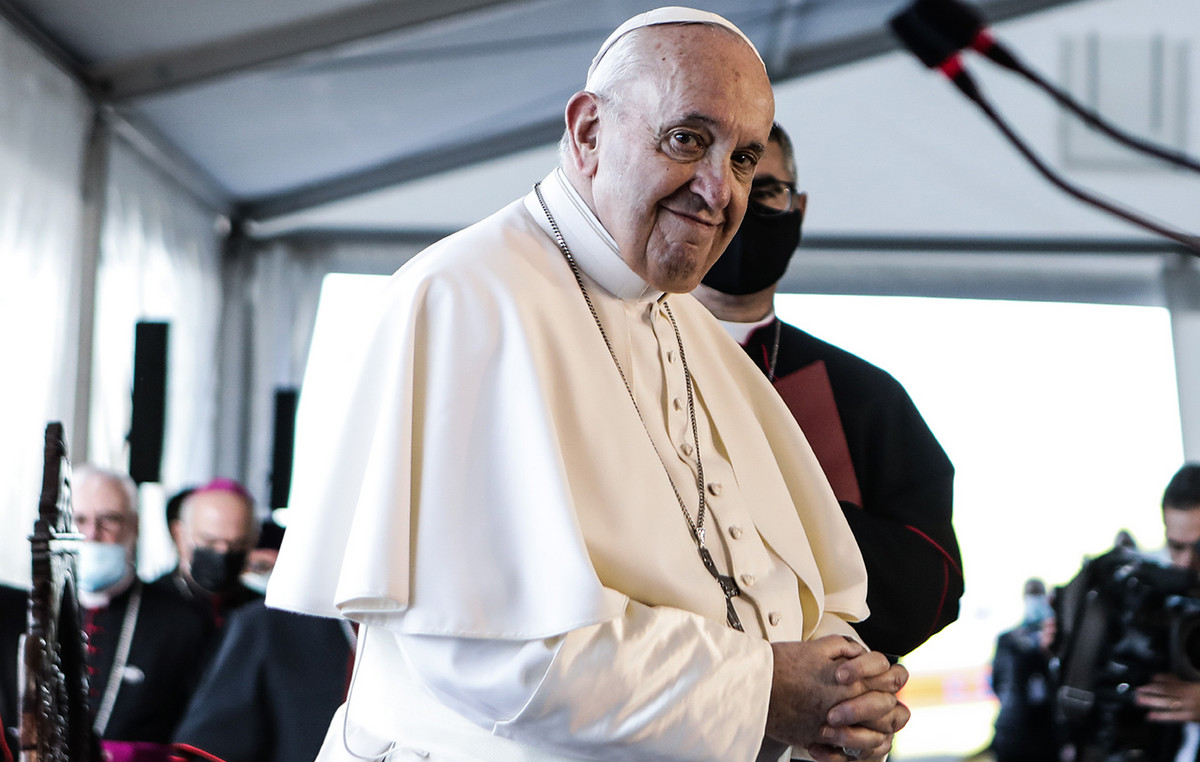The plenary of the Chamber of Deputies concluded, on the night of this Wednesday (13), the approval of the Proposed Amendment to the Constitution (PEC) of Benefits. In this way, Congress concludes the analysis of the text, which will be promulgated. The enactment is expected to take place on Friday (15).
Federal deputies rejected more highlights presented by the opposition, which are a last attempt to make changes to the proposal. Oppositionists wanted to remove the state of emergency from the text and make the BRL 200 increase in Auxílio Brasil permanent – the forecast is that aid will reach BRL 600.
The basic text of the PEC was approved this Wednesday in the second round by 469 votes in favor, 17 against and 2 abstentions. 308 favorable votes were needed for approval.
Despite criticism of the PEC, leaders of opposition parties, such as PT, Rede, PCdoB and PSB, guided their deputies to vote in favor of the proposal. The only party to guide the respective deputies against the proposal was Novo.
In the first round, this Tuesday (12) night, the score had been 393 votes in favor, 14 against and no abstentions. The highlights of the first round – all rejected – ended up being analyzed only this Wednesday due to the suspension of the session yesterday by the president of the Chamber, Arthur Lira (PP-AL), due to technical problems in the remote voting system of the deputies.
After complaints from the opposition, Lira started a new session on Wednesday morning. However, unlike the previous day, it allowed deputies to register their presence remotely, without being in Brasília. This is because many parliamentarians had already traveled to their respective states.
The opposition said that the change was a maneuver by Lira for the government to guarantee a quorum in favor of the approval of the PEC. Lira called the technical failure a “serious and unprecedented occurrence”.
The rite of the Benefits PEC was accelerated when the proposal reached the Chamber, after being approved in the Senate, including a one-minute session in the plenary, which motivated several criticisms from the opposition.
Before reaching the plenary of the Chamber, for example, the text was attached to the PEC on Biofuels in the special commission of the latter proposal, as the government’s will. This allowed the Benefits PEC to not have to go through all the steps that a proposal of this type usually goes through.
The Biofuels PEC, incorporated into the Benefits PEC, focused on establishing a competitive advantage in biofuel prices over fossil fuel prices for end consumers.
Therefore, it provides that the competitive advantage will be guaranteed by maintaining the difference between the rates applicable to each fossil fuel and the biofuels that are its substitutes. The two PECs were incorporated into a single text in the special commission.
The government was in a hurry to approve the Benefits PEC as it aimed to pay the boosted benefits from the beginning of August. The fact that the measure takes place three months before the elections is criticized by the opposition.
The impact of resources to fund the initiatives is estimated at R$ 41.25 billion, which will be outside the federal spending ceiling.
Understand what the PEC approved by Congress says
1 – Increases the Auxílio Brasil benefit by BRL 200 between August 1 and December 31, 2022. Therefore, the amount of the aid must increase from BRL 400 to BRL 600 in this period.
The forecast is that the measure will cost R$ 26 billion by the end of the year. The government’s intention is to use this amount to eliminate the current list of beneficiaries, estimated at almost 1.6 million families.
2 – Increase the value of the gas voucher so that the equivalent of a cylinder is paid every two months, which should allow the aid to reach about R$ 120. Officially, an amount corresponding to another 50% will be given. the average national reference price for a 13 kg bottle of cooking gas (liquefied petroleum gas).
The measure will be valid between July 1 and December 31, 2022. The estimated value of the measure is up to BRL 1.05 billion.
3 – Creates an aid of R$ 1 thousand for autonomous cargo carriers that were registered in the National Registry of Road Cargo Transporters until May 31, 2022, which should reach truck drivers, mostly. The aid will be granted between July 1 and December 31, 2022. The impact is estimated at BRL 5.4 billion.
4 – Creates an aid to registered professional taxi drivers, of a value yet to be defined. The total amount for this aid will be R$ 2 billion. The calculation of how much each taxi driver will receive and the amount of installments paid must be regulated by the Executive, considering the number of qualified beneficiaries.
The benefit will be granted between July 1 and December 31, 2022. To receive it, taxi drivers will need to present a document of permission to provide the service issued by the municipal or district government. Professionals registered until May 31 of this year will benefit.
5 – Grants assistance of R$ 2.5 billion until December 31, 2022 to help pay for the right to free access to the elderly in urban, semi-urban and metropolitan public transport provided for in the Elderly Statute. The amount will be transferred to the Union, states, the Federal District and municipalities.
6 – Grants aid in the total amount of R$ 3.8 billion only to states and the Federal District that grant ICMS tax credits, tax on goods and products, to producers or distributors of hydrated ethanol in their territory, in an amount equivalent to the value Received.
The objective is to reduce the tax burden on the hydrous ethanol production chain, in order to maintain a competitive differential in relation to gasoline. The proposal allows that, until December 31, 2022, the rate of taxes levied on gasoline can be zeroed, provided that the rate of the same tax levied on hydrous ethanol is also zeroed. The aid will be given in five monthly installments of up to R$760 million each, from August to December 2022.
7 – Grants a budget supplement of R$ 500 million to the Alimenta Brasil Program.
The Benefits PEC also provides for the recognition of the state of emergency in 2022 in the country. The measure seeks to protect the federal government against possible accusations of having disrespected the electoral law.
This is because the electoral legislation prohibits the free distribution of goods, values or benefits by the public administration, except in cases of public calamity, state of emergency or social programs already in place in the year prior to the election.
Source: CNN Brasil
I am Sophia william, author of World Stock Market. I have a degree in journalism from the University of Missouri and I have worked as a reporter for several news websites. I have a passion for writing and informing people about the latest news and events happening in the world. I strive to be accurate and unbiased in my reporting, and I hope to provide readers with valuable information that they can use to make informed decisions.







